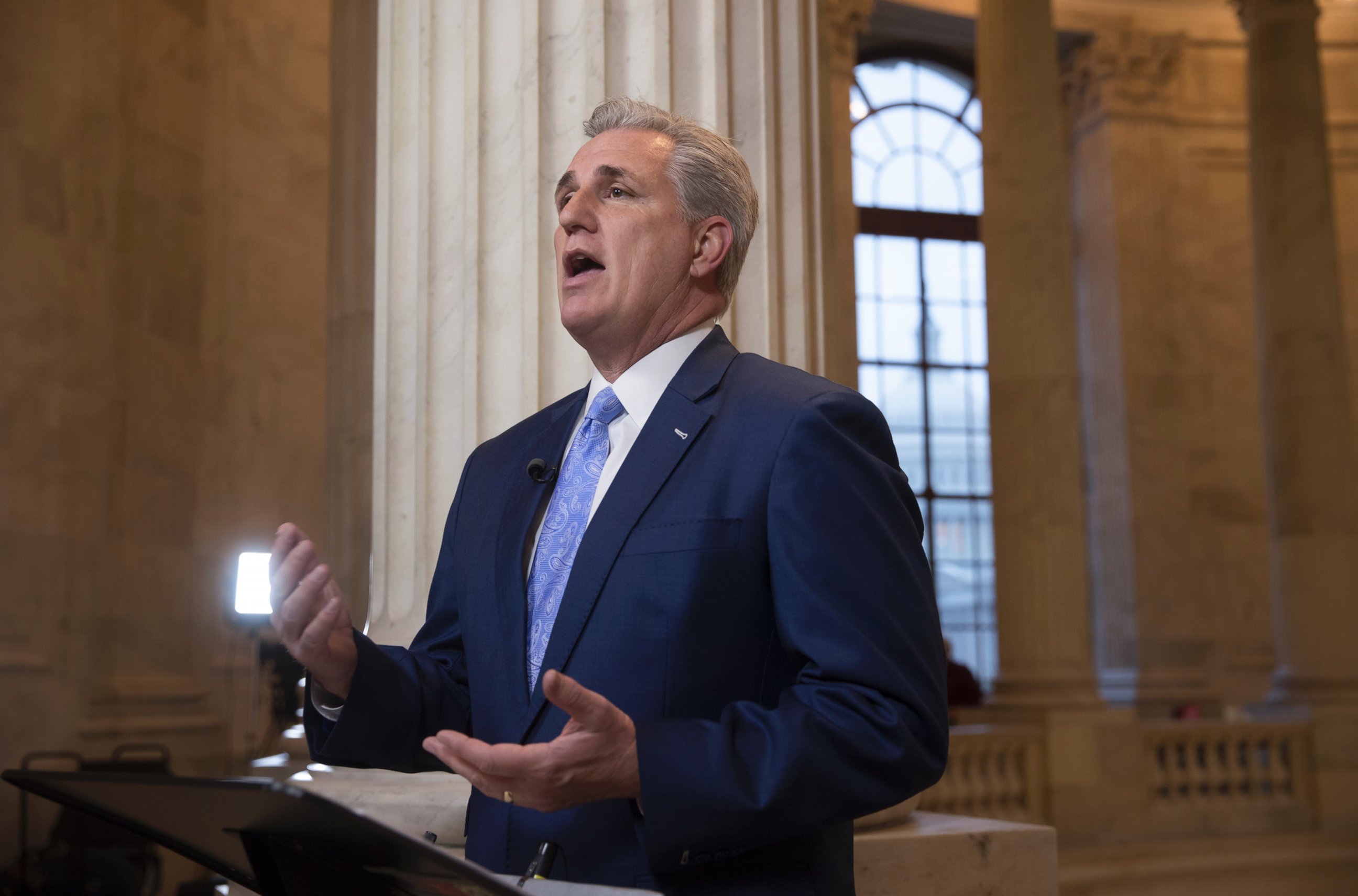Everything You Need to Know About the Office of Congressional Ethics
Comes after Congress withdrew controversial proposed changes.
— -- In a quick turnaround, a GOP-backed amendment to make sweeping changes to the Office of Congressional Ethics (OCE) was swiftly withdrawn, after a wave of negative reactions.
The amendment, which was adopted during a late-night session ahead of today’s formal start of the 115th Congress, effectively planned to do away with the OCE's ability to act autonomously and prevent them from making their findings public without congressional oversight.
Instead, the proposed amendment was withdrawn by unanimous consent, meaning that the OCE will remain untouched for now.
Here is an overview of the work done by the OCE:
The Number of Investigations
The number of investigations the Office of Congressional Ethics initiates varies per congressional term. The highest number came in the first term after the OCE was launched in 2009, following multiple reports of misconduct including the Jack Abramoff lobbying scandal.
The first session of the OCE, during the 111th Congress, launched 59 preliminary investigations.
But in the following sessions, the numbers dropped: 32 preliminary investigations in the 112th Congress, 36 in the 113th Congress, and 35 through the third quarter of 2016 in the 114th Congress, which is the latest quarterly report available.
Not all preliminary investigations have led to full investigations. For example, the 113th Congress between 2013 and 2014, had 36 preliminary reviews. Of those, 14 were terminated quickly, six were dismissed and 16 others were marked for further review.
Topics Under Investigation
The OCE currently lists summaries of some, but not all, of the investigations on their website, detailing the questions raised about alleged actions of particular representatives and the status of their investigations.
Rep. Tom Price, Donald Trump's pick for secretary of Health and Human Services, was investigated after questions were raised about whether he solicited campaign donations in a way that gave special treatment to the donors. The investigation was dismissed in 2011.
A number of the case summaries say they reached the final stage of the investigation ladder, which often means the Ethics Committee is called to investigate the particular case further. Those resulting decisions are not regularly made public.
Two cases concluded in that way were investigations into possible misuse of official resources by Rep. Cathy McMorris Rodgers (R-WA) in 2013 and Rep. Mike Honda (D-CA) in 2015. Both investigations spanned about three months.
Some other investigations stemmed from questions over the payment of certain travel taken by congressmen, like a so-called campaign trip that Rep. Marlin Stutzman (R-IN) took with his family to California in August 2015. While the five-and-a-half-day trip did include three campaign meetings, according to the summary, it also included a visit to Universal Studios and the Ronald Reagan Presidential Library. That case has been referred to the committee for further review.
Widespread Negative Reactions
House Minority Leader Nancy Pelosi released a statement after the amendment was adopted on Monday, saying "evidently, ethics are the first casualty of the new Republican Congress."
But Democrats aren't the only ones crying foul.

House Majority Leader Kevin McCarthy (R-CA) said this morning that he didn't think it was the good timing for a controversial change to the chamber's independent ethics watchdog.
"I didn't think it was the right time to do it," he said on MSNBC’s "Morning Joe" today. He still planned to vote for the bill, though, he said at the time of the interview. But since it was withdrawn by unanimous consent, no votes were heard.
President-elect Trump also weighed in on the amendment before it was withdrawn. Trump posted his thoughts on Twitter this morning, writing across two tweets, "With all that Congress has to work on, do they really have to make the weakening of the Independent Ethics Watchdog, as unfair as it" and then, "........may be, their number one act and priority. Focus on tax reform, healthcare and so many other things of far greater importance! #DTS"
ABC News’ Ryan Struyk contributed to this report.




